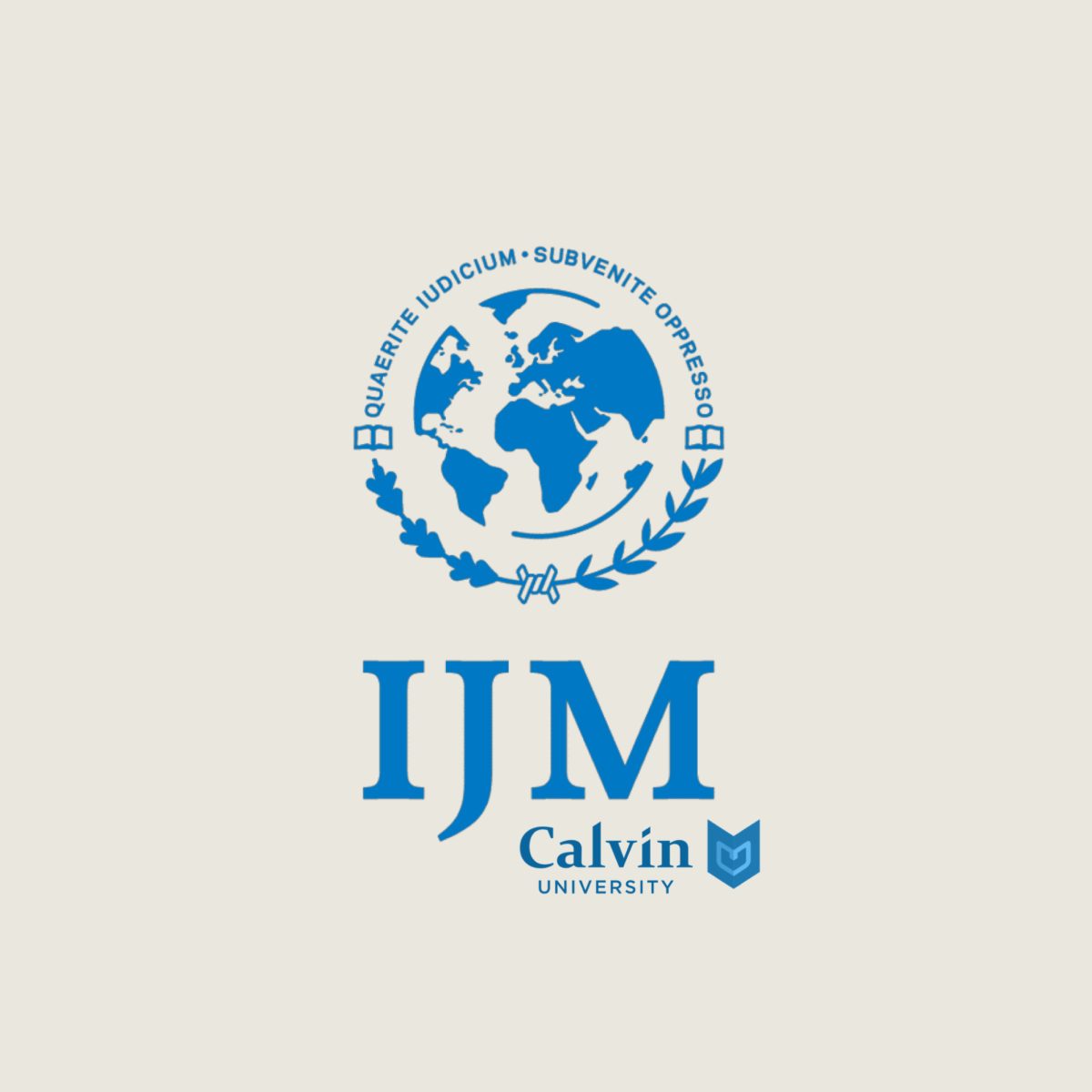Content warning: Graphic descriptions of processing animals into meat.
Everyone should grow their own food at least once in their life. This isn’t a terribly hard ask; gardens — at least in middle-class elderly suburbia — abound, and even in cities you can grow some potted tomatoes or lettuce yourself. The vegetables taste better than the ones from the grocery store (or at least you tell yourself they do to legitimize the work you put into growing them) and the pride you feel eating them is unlike any other.
I also think that everyone should kill their own food at least once in their life. This assertion, while certainly not revolutionary, is, at a bare minimum, unusual, partially because the word kill is rather aggressive, violent, even shocking. And yet, is that not what we are doing when we eat meat? We are ending the life of another living being.
By removing ourselves from the tension between an understanding of an animal as a living being created and valued by God but also as an object of fuel, consumption and utility, we are cheating ourselves of a holistic understanding of producing and consuming, human and non-human, even an understanding of life and death.
In the environmental literature class I took sophomore year, we talked about themes of disconnection –– prompted by a plethora of things, but most easily identified through a consideration of the Western hierarchical binaries that often define the human relationship with the natural world. Our disconnection and distancing from the natural world in many ways lead us to exploit it, despite the fact we know that God is the creator and sustainer of all. More than that, this disconnection prevents thoughtful meditation on what it means to be the “pinnacle” of creation. We have the ability to dominate and abuse animals we eat, but so too do we have the charge to responsibly use animals for meat. And regardless of our power as “pinnacle,” as beings made in the image of God, we are also co-created, co-living.
When you buy chicken breasts from the store, you are consuming isolated meat parts from several different animals, and it is easy to disassociate what you are eating from an actual being — the consumer is blinded to the fellow created-ness of the animal as a result of consumption being isolated from the production. To produce meat, a living being must be made non-living; isolating consumption from production allows this potentially rationally and/or emotionally challenging movement to bypass the consumer. They don’t have to remember their product was once living and is now not. We are using the meat — as we should — but we are not recognizing the being it once was.
I used to work at a small family meat and poultry farm, where I helped feed, water and care for chickens throughout their lifespan. I saw them spread slippery, nutrient-filled excrement all over a field, and I watched the grass grow back even greener. Later in the summer, I helped kill the birds. I removed still-warm organs from bodies that had been squawking no more than 30 minutes before. Later that week, I ate chicken from the farm. Though I can’t say it was exactly one I eviscerated (it might have been one my coworker cleaned) the odds are good I’ve eaten a chicken that I’ve fed, moved, and processed. And they’re delicious!
There is a sort of “sobornost” or “holy-connectedness” in that, I think. (There’s a chance I’m accidentally being heretical with that term; Professor Engbers can tell me.) But there is a fabric to which I am connected, a community of people — sharing in the nearly ritualistic experience of killing chickens to provide food to others and each other — and a cycle of life in which I am fully participating.
Moreover, I am connected to my own mortality; I am reminded of my existence as an embodied being. My blood could also spill that red. My organs would look much the same.
These reminders are not comfortable. Actively participating in the death of another living being, while at the moment not a moral quandary for me, is certainly not the most intellectually or physically comfortable experience in the world. But I think living that tension is important because it is the reality born of connection with the world around us. As a wise friend of mine named Emma Hacker once told me, “Complicated can be a destination.”
Don’t get me wrong, I love meat; I eat it frequently! I am not trying to tell you to not eat meat. What I am saying is that not only should you rationally or intellectually understand the connection between production and consumption, but rather that you should also participate in what that means — what that connection is like physically, as an actual, embodied experience. It will revolutionize the way you think about your food.




